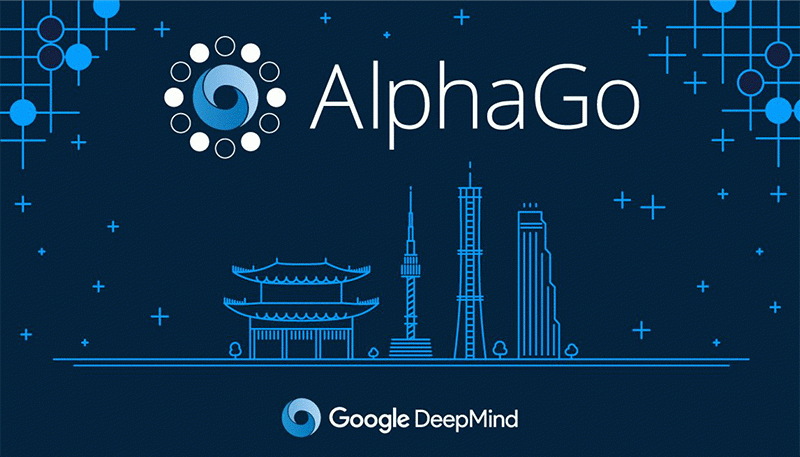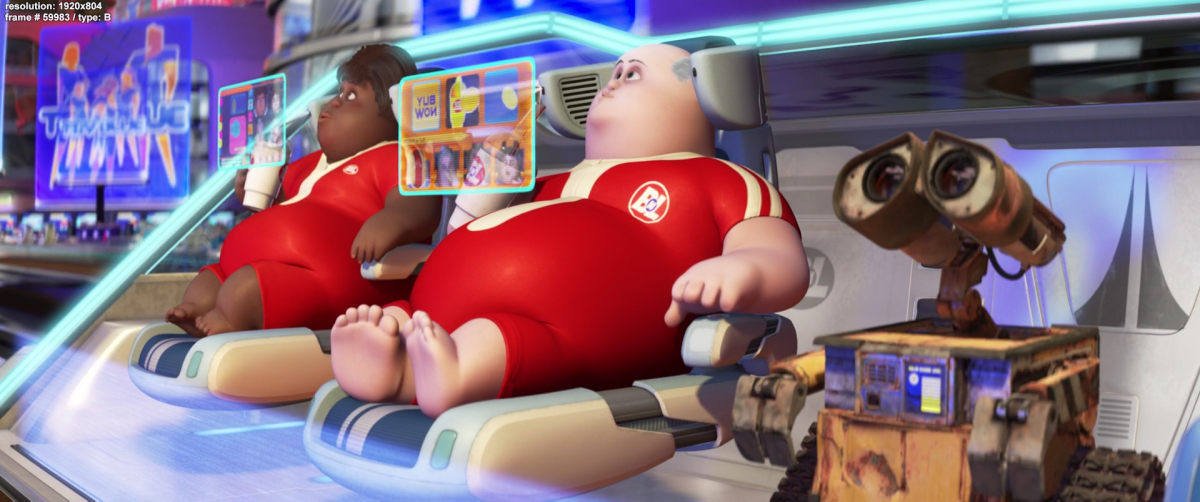So... What is artificial intelligence?
Artificial intelligence is the intelligence of a computer, its ability to perform tasks that would normally require human intelligence, such as visual perception, speech recognition, decision-making, and translation between languages.
Siri, Google now, Google translate are examples of artificial intelligence.
Google DeepMind
DeepMind is a British artificial intelligence company founded in September 2010 as DeepMind Technologies. It was acquired by Google in 2014 and renamed to Google DeepMind.
AlphaGo
What makes AlphaGo so special is that its is general purpose.
General purpose basically means that is program can be used for any purpose, without making any changes to the program. Most AI programs can only perform a specific task.
AlphaGo can teach itself from scratch to perform almost any task.
When given a task, AlphaGo runs the task many times and learns from its mistakes.
Most AI programs try to figure out all the possible ways of doing a task and try the best method.
While this method worked for a few tasks, such as chess. It could not perform more complicated tasks, such as the game of GO.
AI programs have traditionally been tested against the Turing Test.
Some AI programs have been able to beat humans in games such as tic-tac-toe and chess.


But no program had ever beaten a professional player in the game of GO. Because the game has many possible moves. There are more possible positions in the game of GO than there are atoms in the universe.
But no program had ever beaten a professional player in the game of GO. Because the game has many possible moves. There are more possible positions in the game of GO than there are atoms in the universe.
AlphaGo is based on general-purpose AI methods, using deep neural networks to mimic expert players, and further improving the program by learning from games played against itself. AlphaGo won over 99% of games against the strongest other Go programs. It is the first program to have ever beaten a professional player in the game of Go.
On October 2015 AlphaGo beat Fan Hui, the reigning three time European champion, with a score of 5-0.
In March 2016 AlphaGo won 4-1 against the legendary Lee Sedol, the top Go player in the world over the past decade.
| AlphaGo on left, Lee Sedol on right |
Future of Artificial Intelligence
So will robots be conquering the earth, most probably not. AI is a great tool for humans, it can help in making huge advancements in the field of health care, science, astronomy, and much more.But it can have bad effects on our lives. One major problem that many people are concerned about is unemployment, if computers can do the work of humans then it will lead to mass unemployment, leaving only creative and emotional jobs. AI is not yet mature enough to be doing human work, but seeing the current rate of development this might soon change. Another question that arises is that if computers will be doing all the work in the future, then what will humans do?The biggest impact of AI will most likely be on our lifestyle and culture. So Wall-E might be a bit more accurate than Terminator.
The aim of AI should not be to do what humans can do, that should be left for human. AI should be doing what humans can't do. That should the ultimate goal, not playing games against humans.
In fact games against AI are pretty boring, there are no emotions involved. The program won't be afraid, intimidated, happy, sad. Games should be left for humans
Good AI should blend in with our lives, we shouldn't be able notice it. It should make our every day experiences better.
As for the question "Can artificial intelligence replace human workers?". AI right now can't replace human workers, and shouldn't in the future. It should be working for humans.
As for the question "Can artificial intelligence replace human workers?". AI right now can't replace human workers, and shouldn't in the future. It should be working for humans.
P.S. You can make your own version of AlphaGo, check google's nature paper to know more.

